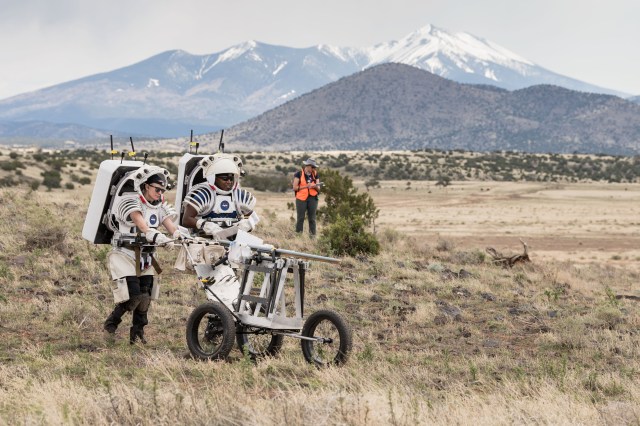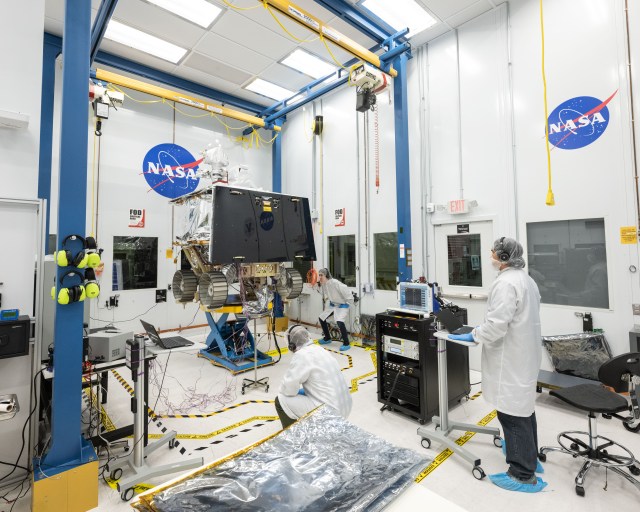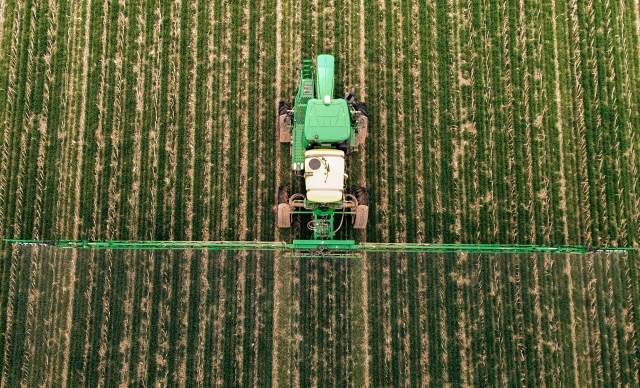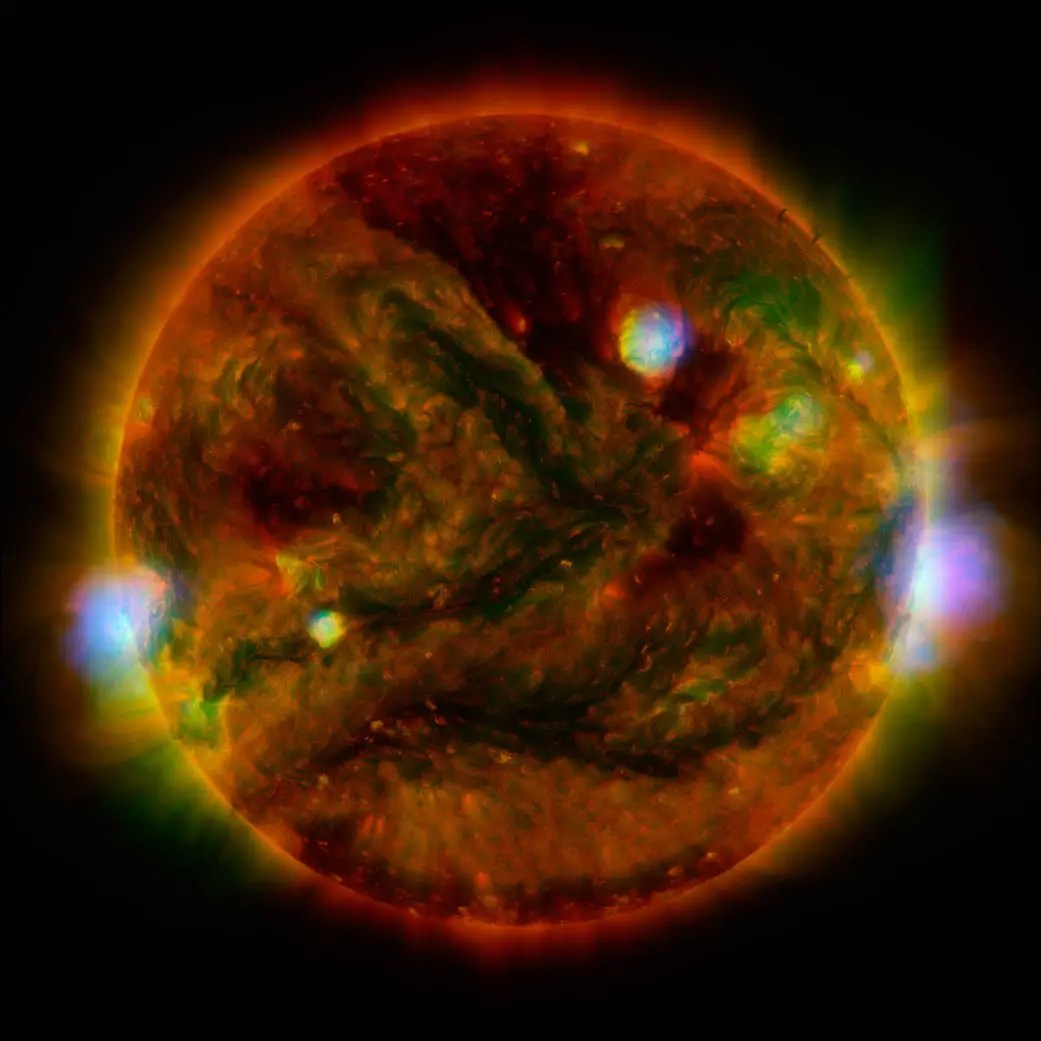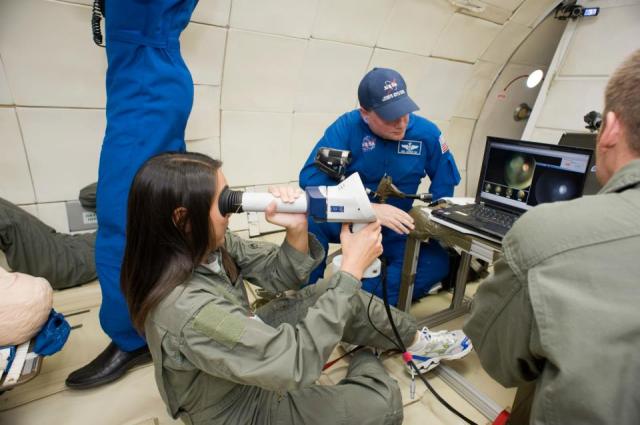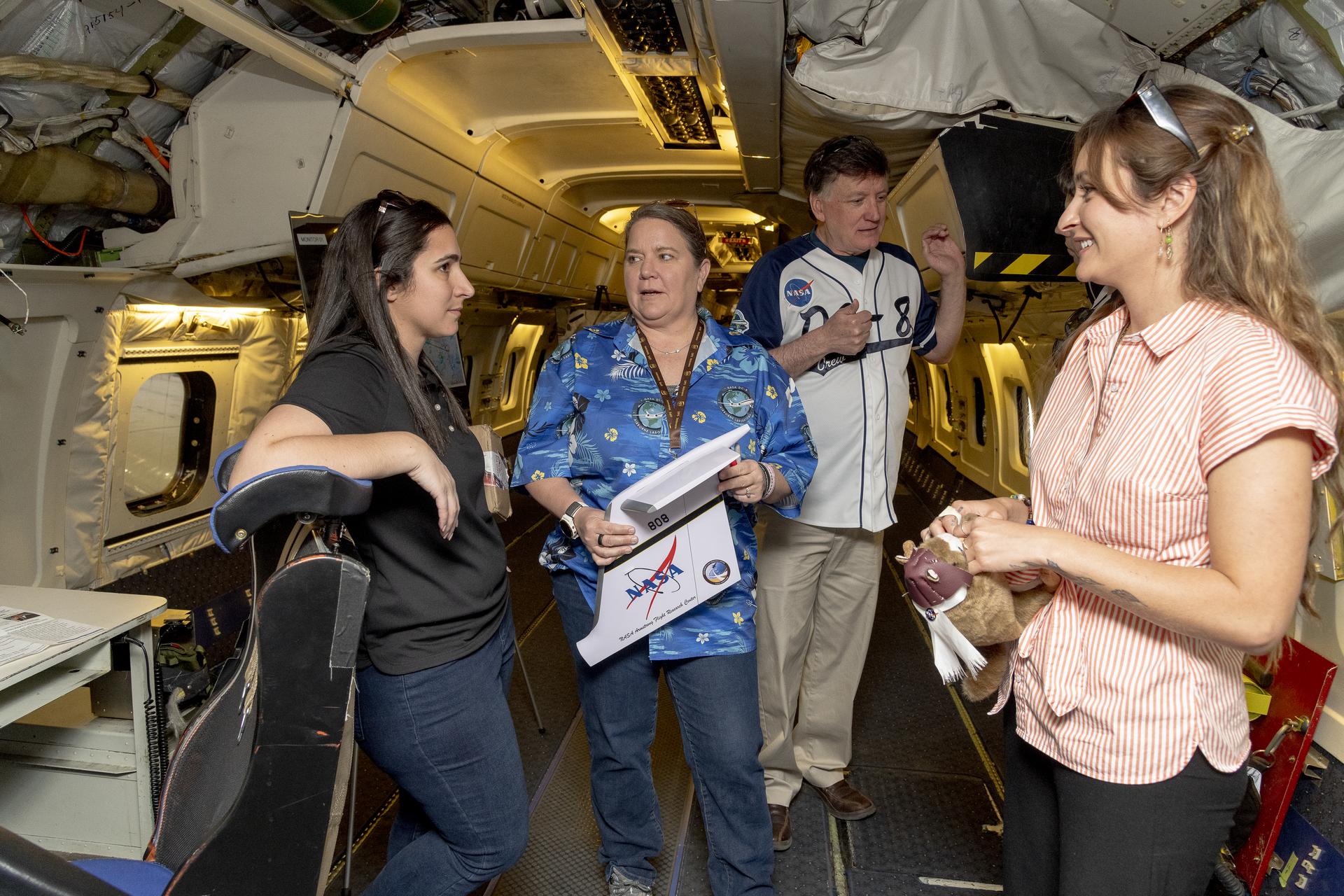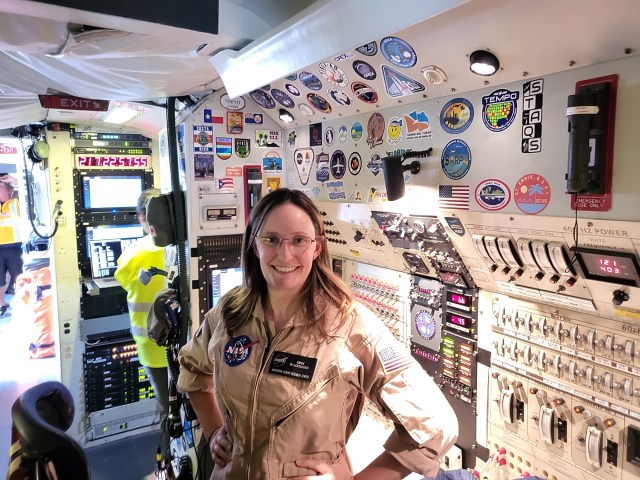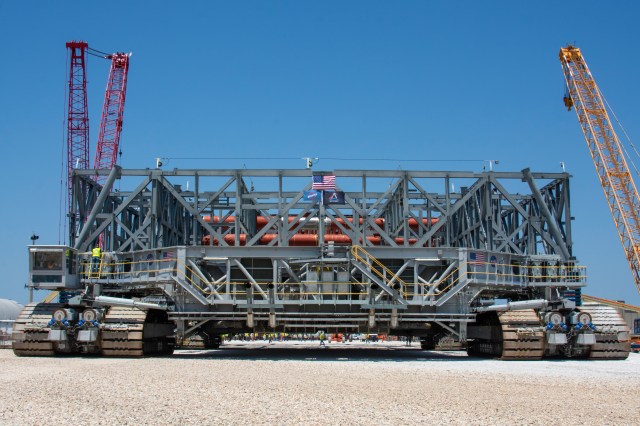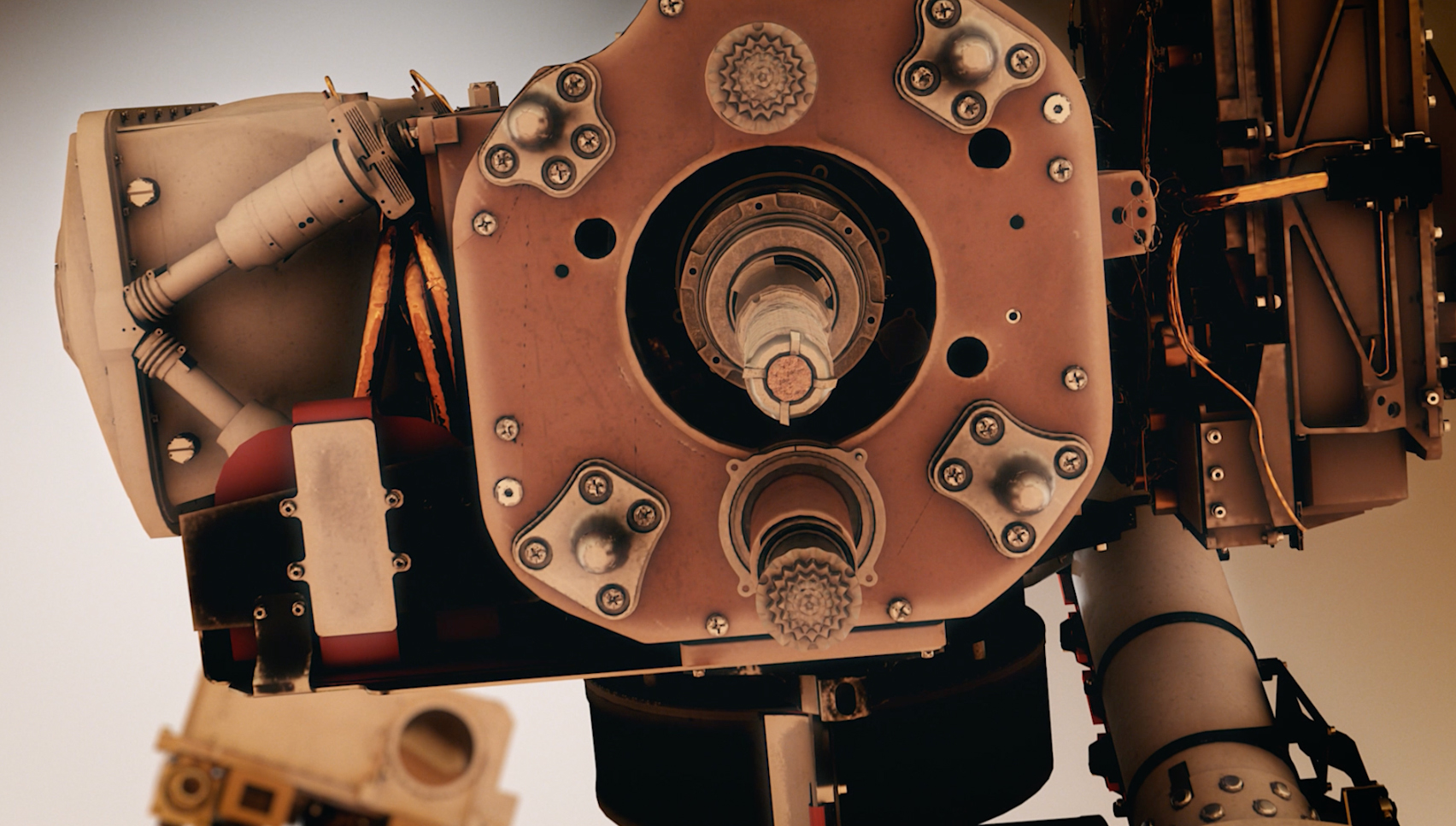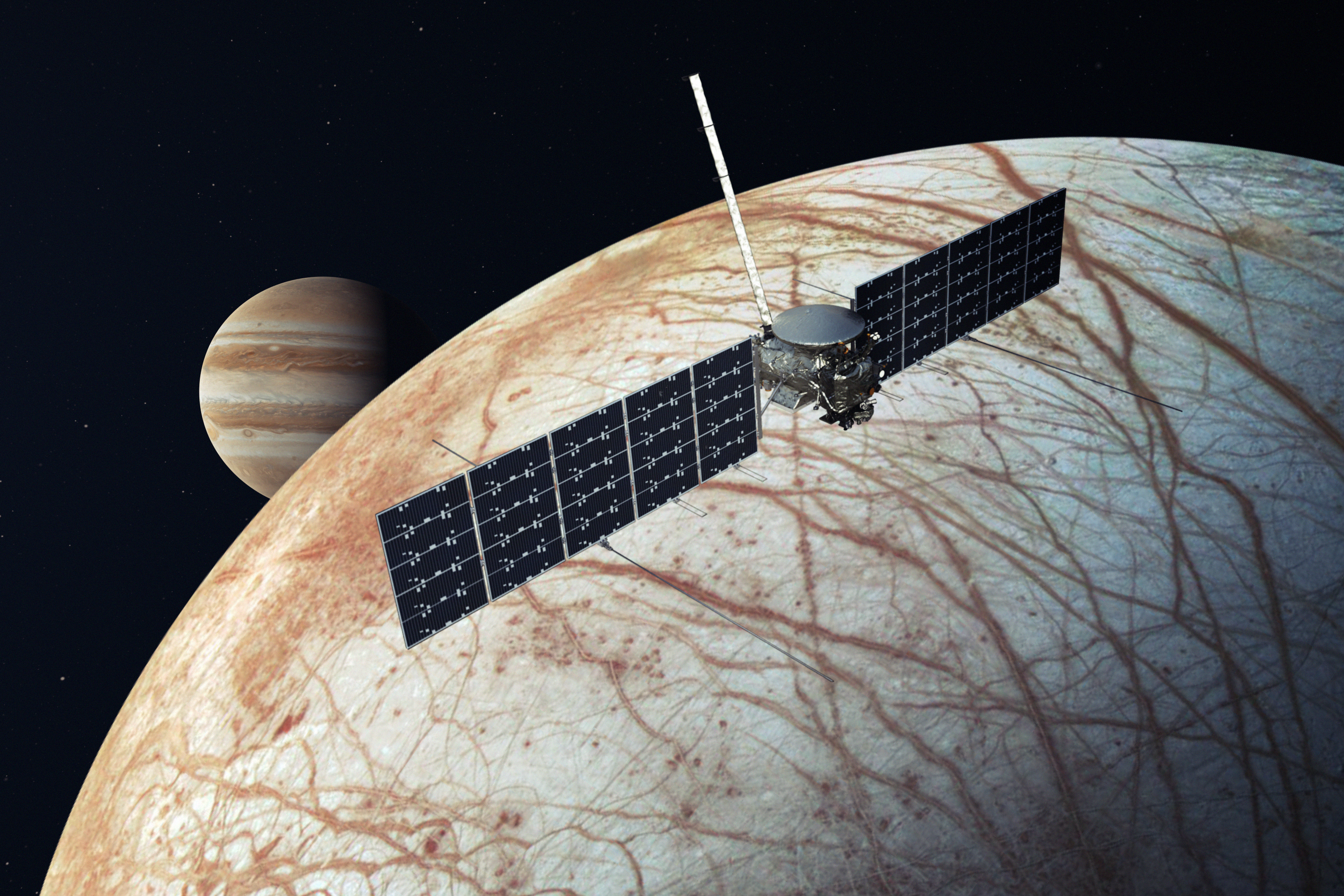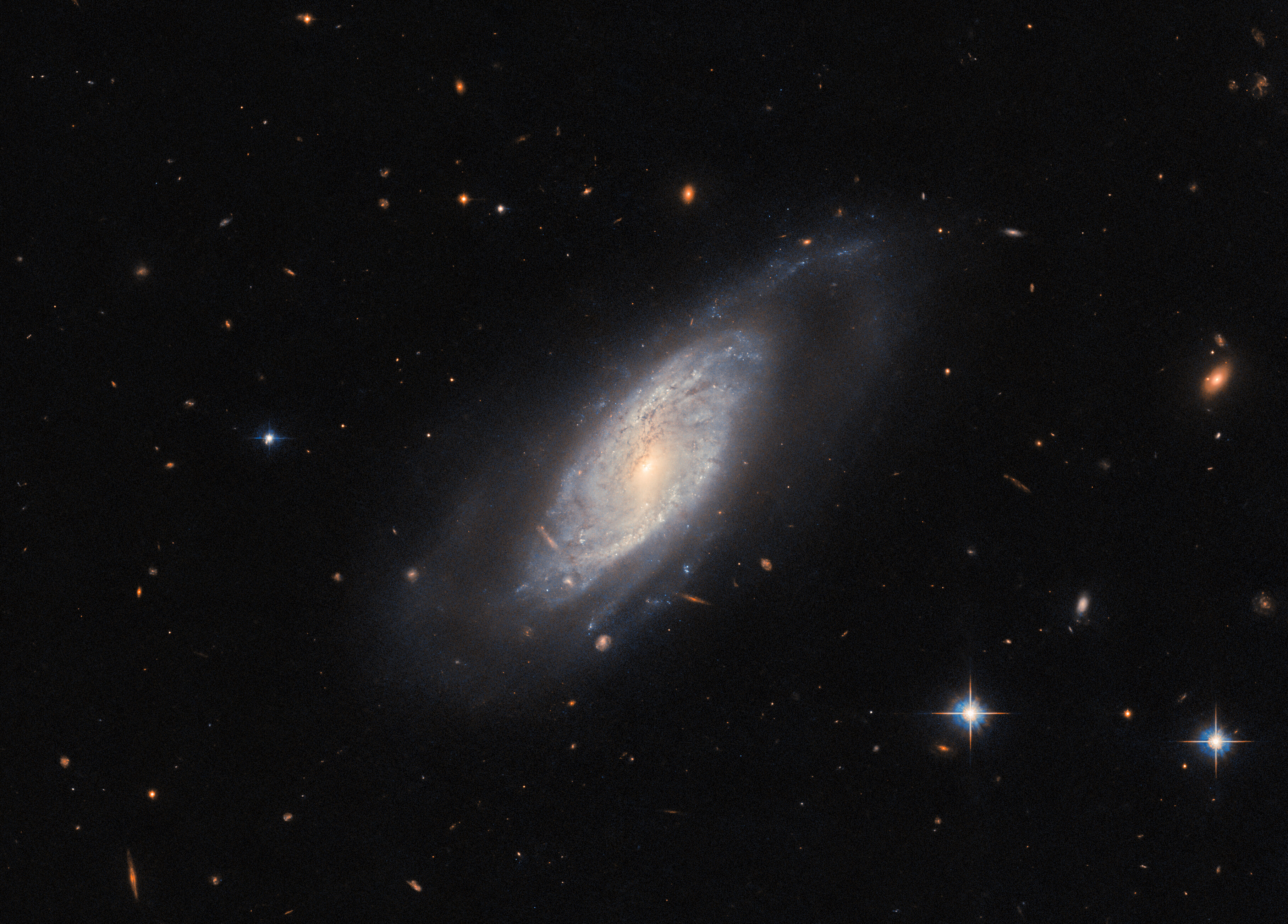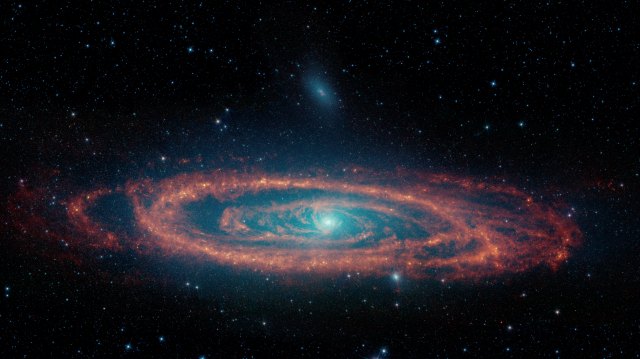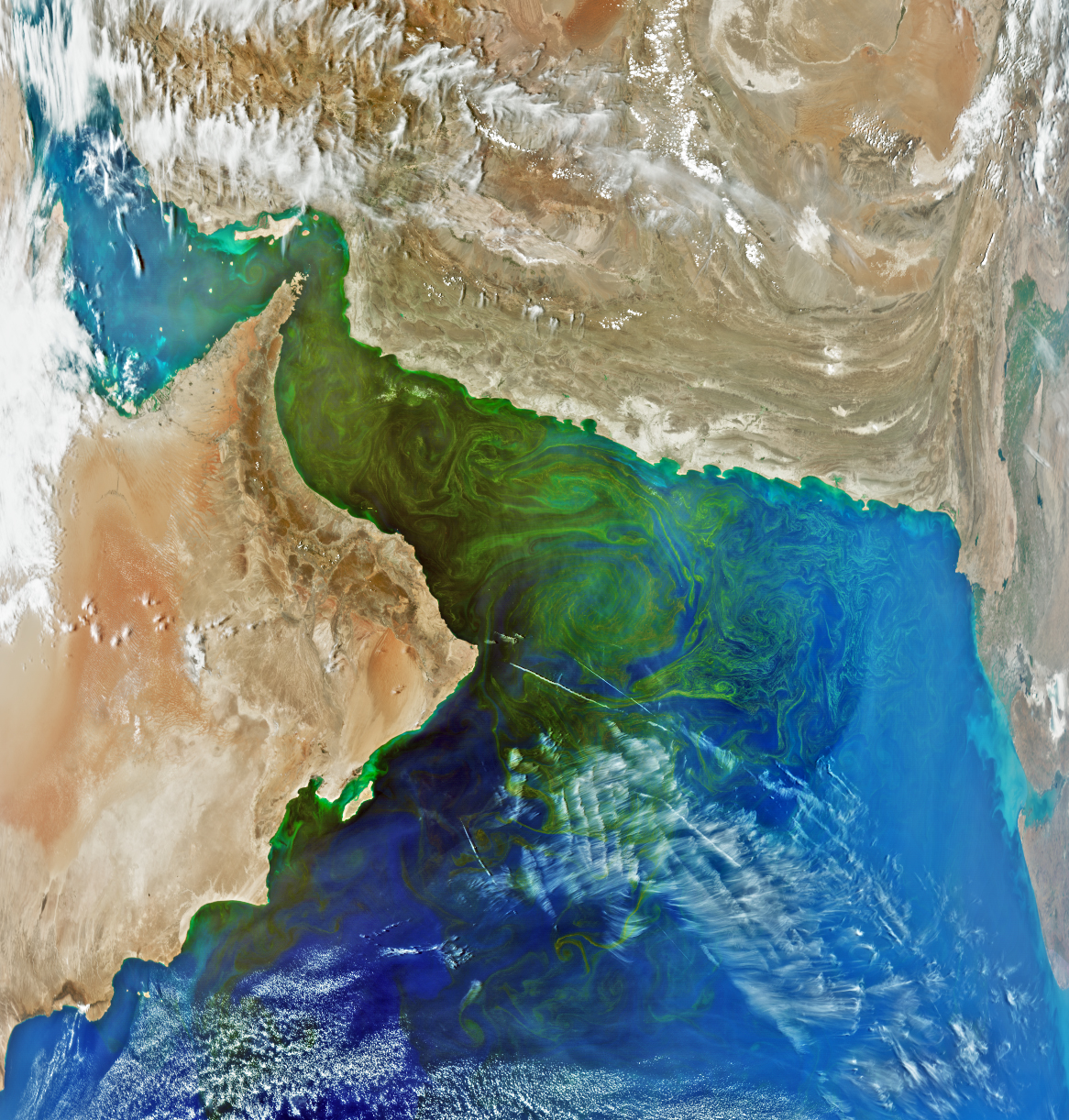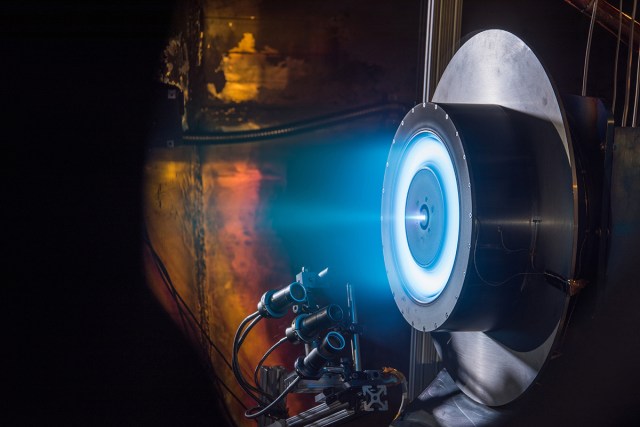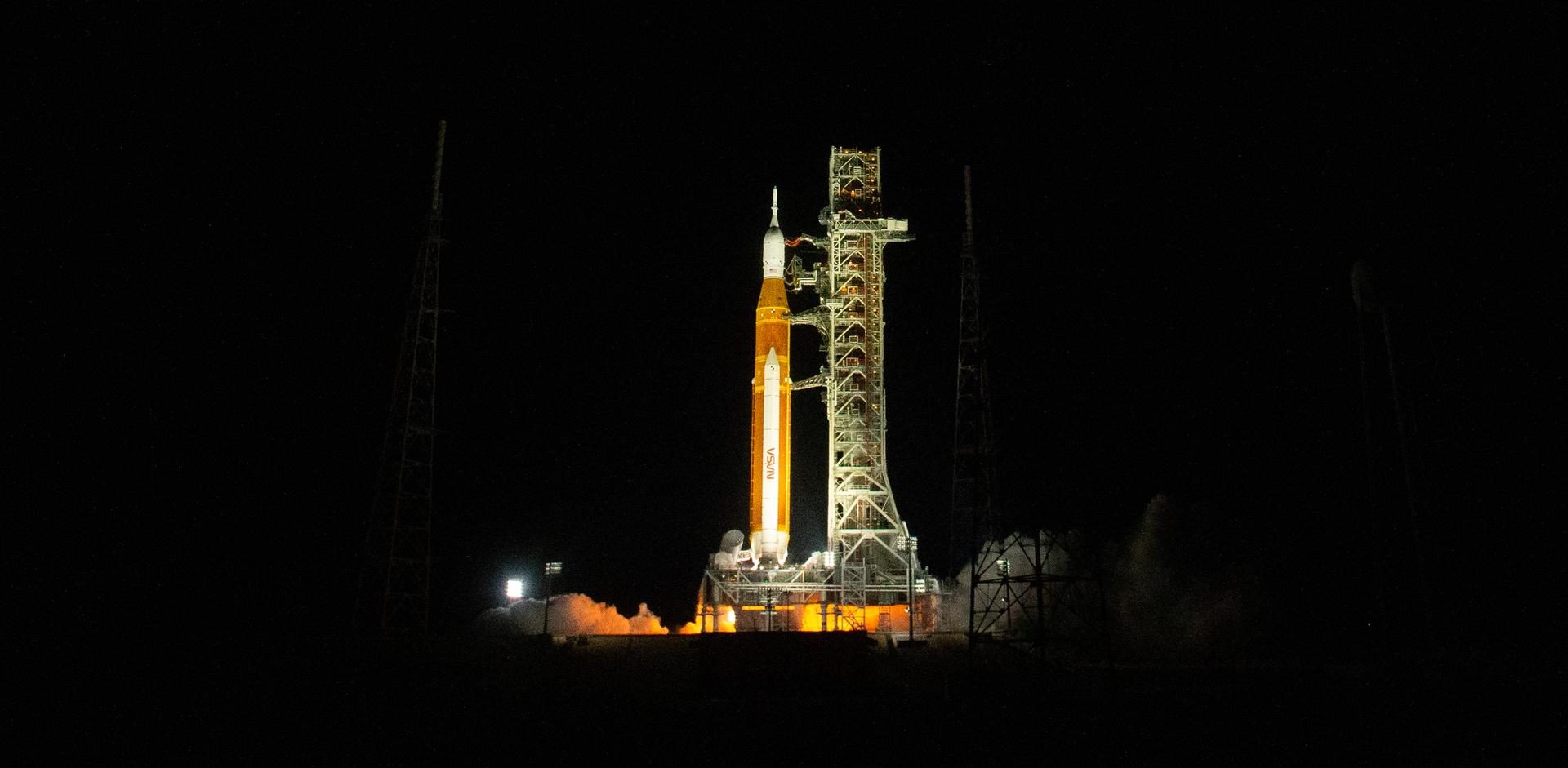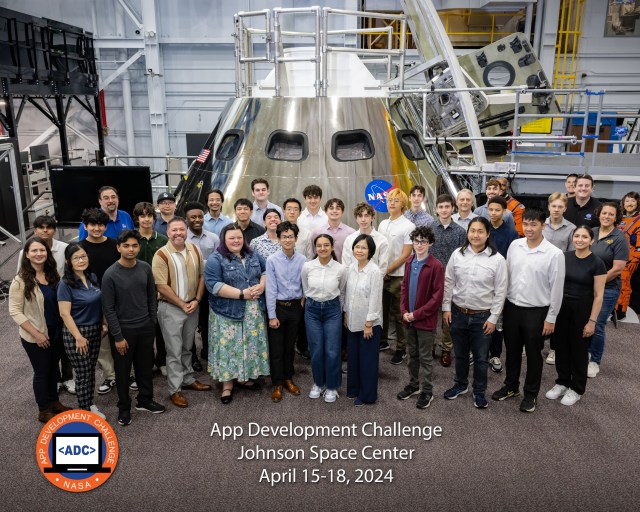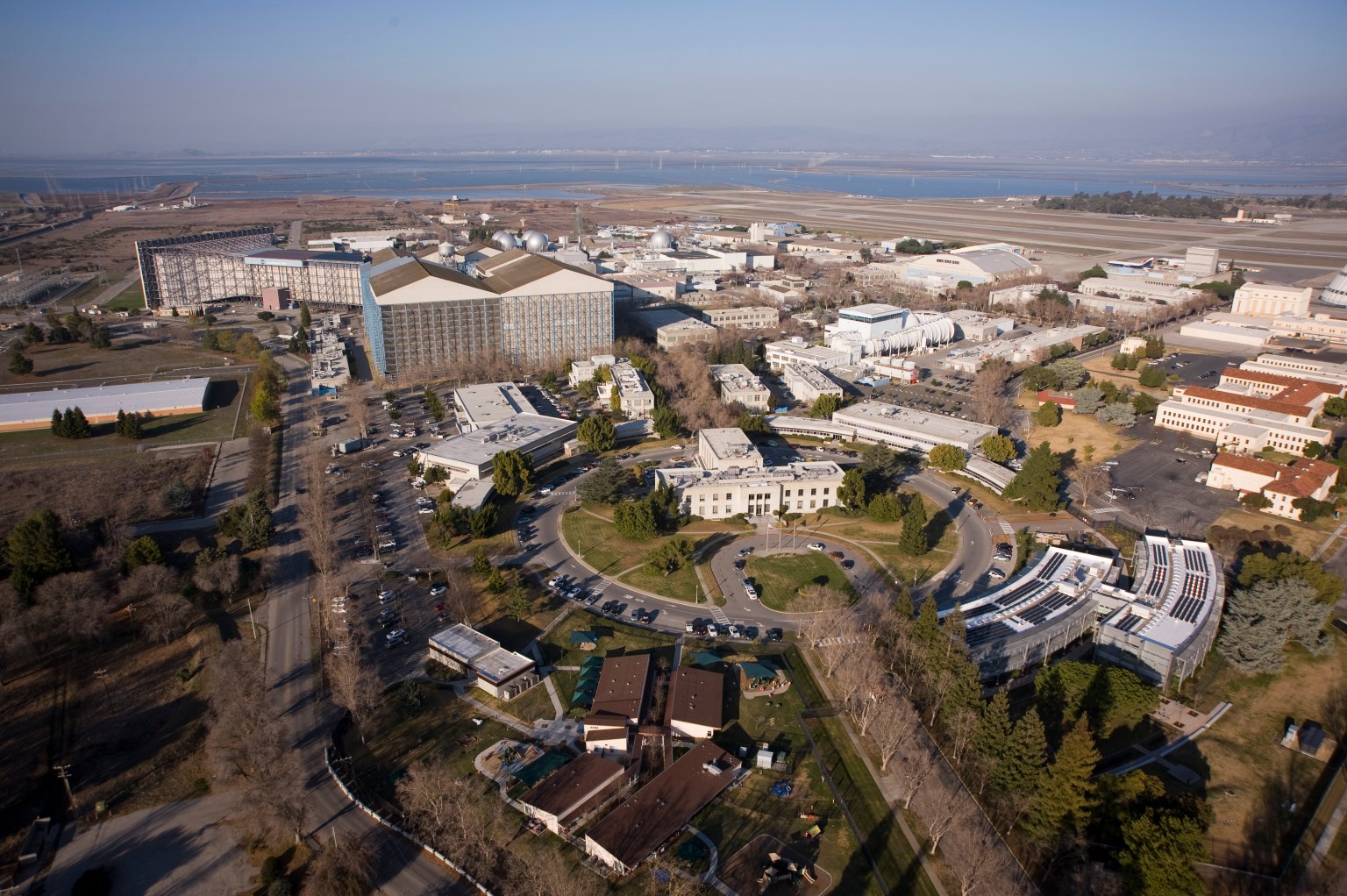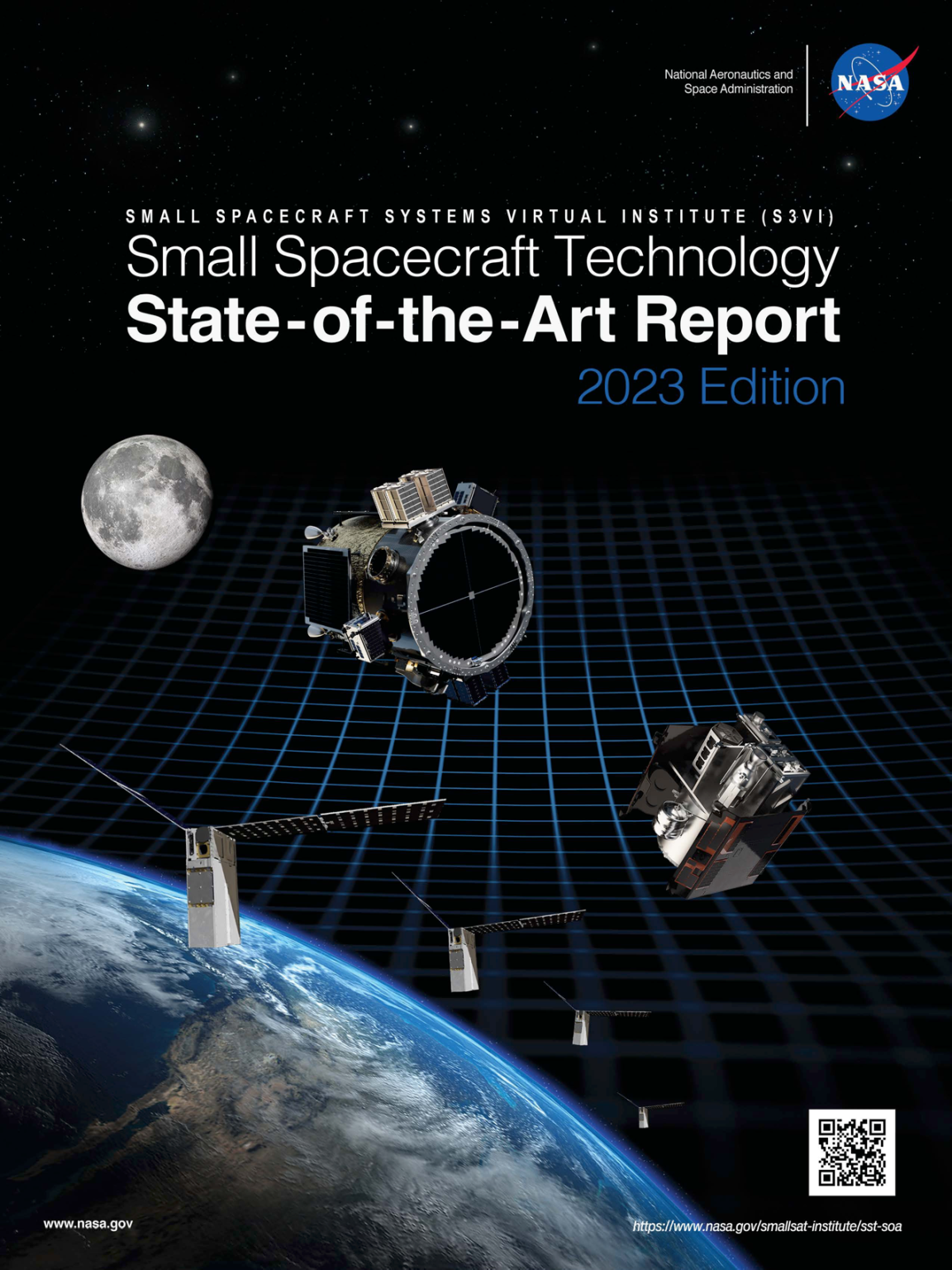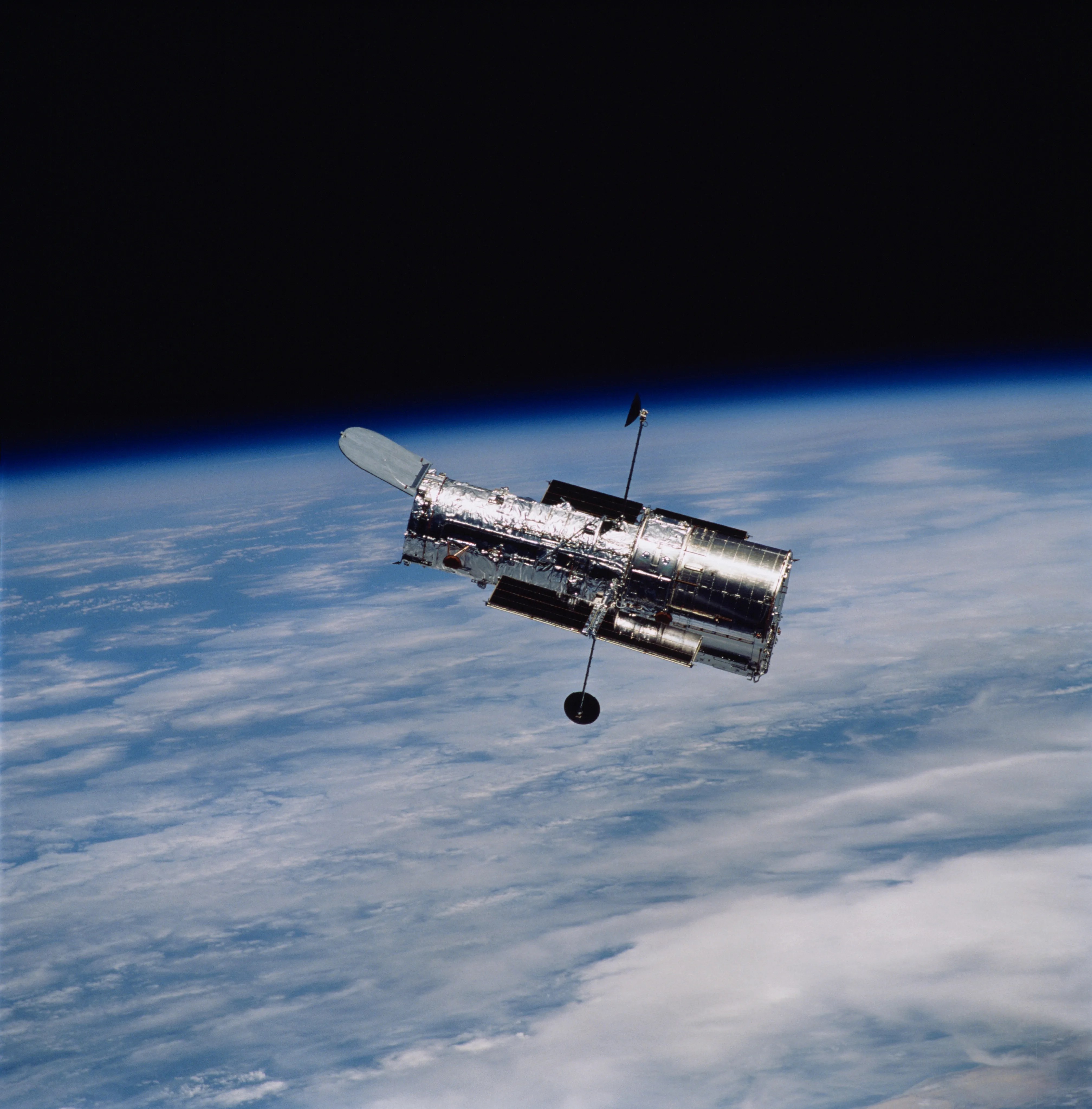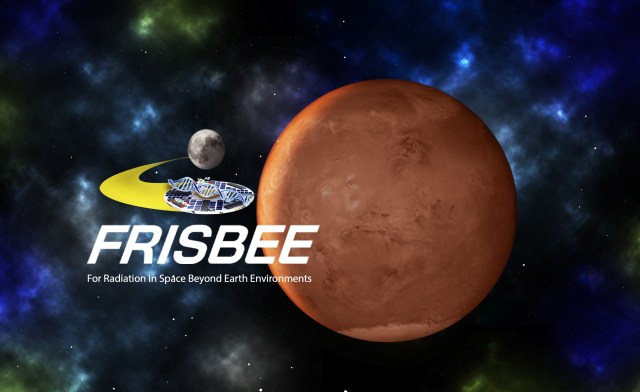
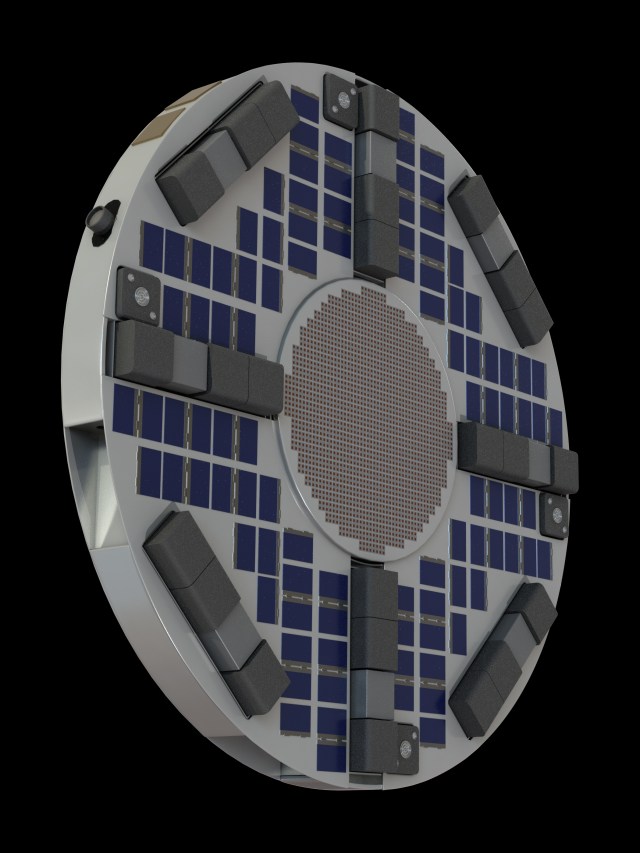
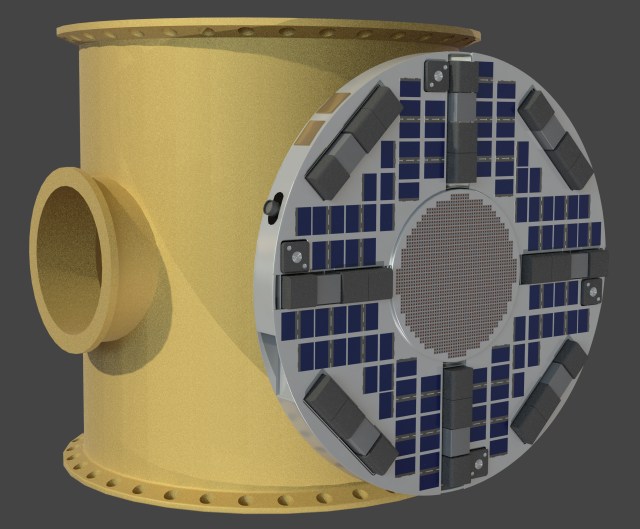
SpinSat
The SpinSat study will inform the development of a “standardized” Class D platform that allows for a number of capabilities including simultaneous long duration exposure to deep space radiation environment over a range of gravities simultaneously and easy integration/ payload access.
Type
Facility-Class Platform
Target
Beyond Earth Environments
Goal
Develop a “Standardized” Class D “Plug-n-Play” Experiment Platform
SpinSat / FRISBEE Workshop on Development of Science Requirements |
|---|
Friday, March 8, 10:30AM to 4:30PM Pacific Time
In-Person Attendance:
NASA Ames Research in Building 288, Room 103A/B
Virtual Attendance/General Questions:
Please contact Jay.Bookbinder@nasa.gov or Jessica.A.Lee@nasa.gov for connection details or with questions.
Abstract
The effects of extended-duration exposure to deep-space radiation and reduced gravity on many biological systems are still largely unknown, posing a significant knowledge gap for both astronaut health and in-space agriculture. To address this gap we have developed a spacecraft platform concept optimized for hosting biological payloads studying long-duration exposure to the low-dose deep-space radiation environment under conditions of reduced (artificial) gravitation relevant to Earth’s moon and Mars. Key drivers for the platform concept include low cost per experiment, frequent access to space, standardized interfaces, a range of relevant gravities (including 1-g controls), simulating the lunar radiation environment, late loads of biology during spacecraft I&T, and long mission durations beyond the Van Allen belts.
This hybrid workshop (in-person attendance is encouraged) will focus on development of platform (spacecraft) requirements, options for experiment form factors, and required platform services to host the biological experiments. We encourage scientists to come prepared to share and discuss ideas for science experiments for which simultaneous gravity ranges OR the combined reduced-gravity and space-radiation environment is key. We’ll solicit your input to formulate accommodations requirements for your priority experiments.
SpinSat Workshop Agenda
10:30 – 10:40 Meeting logistics
10:40 – 11:30 Introduction to SpinSat: talks by the SpinSat team
11:30am – 12:30 Lunch break: Join us for discussion over lunch on the N288 patio!**
12:30 – 16:30 Breakout discussion groups: Detailed conversations about science requirements for SpinSat.
Note 1: Please join even if you can make it only for a portion of the discussion.
Note 2: There will be an online option, but in-person attendance is *strongly* recommended just because it will make small-group discussion easier.
** NOTE: If you are joining in person, please place a lunch order with Specialties by 10:15am, and send your order number to Julie Fletcher!
Preliminary List of Science Questions to Be Addressed | |
|---|---|
| Biology: |
|
| Radiation: |
|
| Gravity: |
|
| Other: |
|
| Data: |
|

